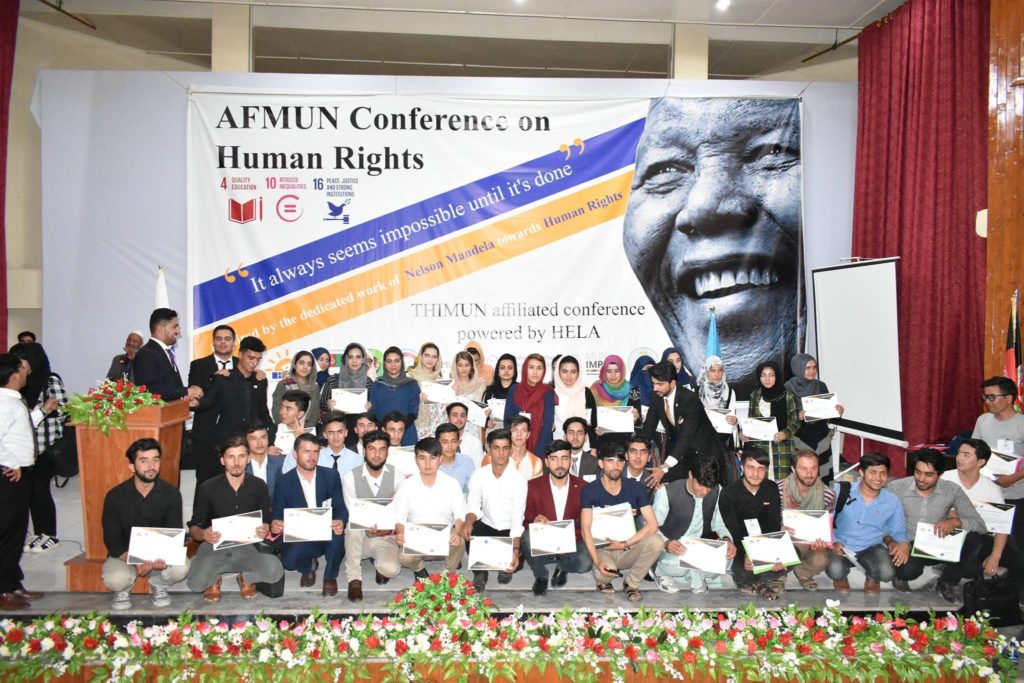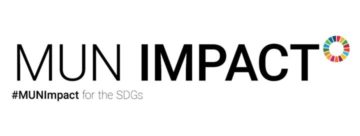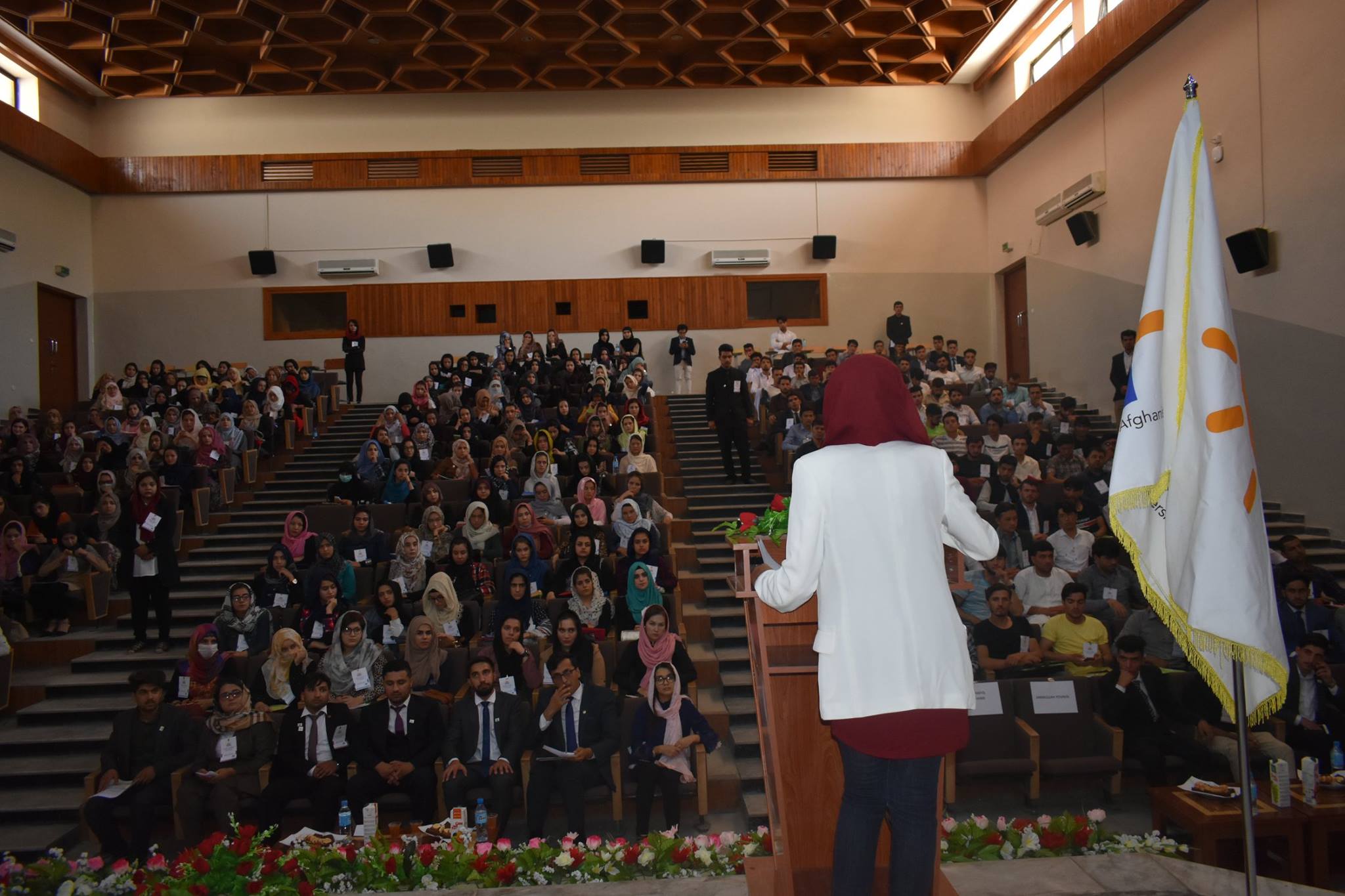In August, Hope for Education and Leadership in Afghanistan (HELA) hosted their largest MUN conference to date. Over 400 delegates participated in a two day conference, focusing primarily on UNODC mandate topics. We caught up with Sulaiman Sulaimankhil, Co-Founder of HELA, to get an update on the conference.
(HELA was founded by MUN delegates, who created the first NGO in Afghanistan devoted entirely to promote Model UN in the country).
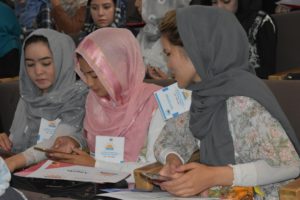
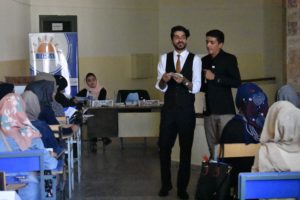
Why did you want to do UNODC mandate topics?
Following the start of the valuable program of E4J MUN, we at HELA organization consider ourselves to be one of the only implementing partners of UNODC in the project of E4J. Therefore, we believe we should carry the responsibility of spreading the program in Afghanistan on our shoulders, through increasing awareness about the mandate topics of UNODC. But most importantly we believe these issues are really crucial and need to be discussed and debated by Afghan youth; our country suffers a lot due to existing challenges, many of which are covered by the mandate areas
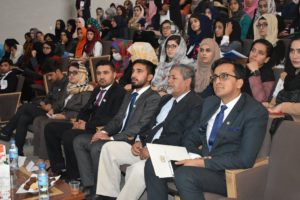
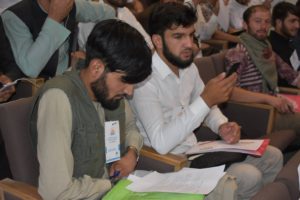
What is HELA’s goal as far as supporting UNODC?
HELA is transforming itself into a big national organization that will operate in all the provinces of Afghanistan, and through this transformation, we aim to continue supporting UNODC with spreading awareness about their mandate topics and about UNODC itself. In the upcoming years we will be able to provide Model UN opportunities to most of the provinces in Afghanistan. It is our goal to continue selecting UNODC mandate topics for our upcoming conferences because HELA strongly believes in the importance of promoting the culture of lawfulness in Afghanistan.
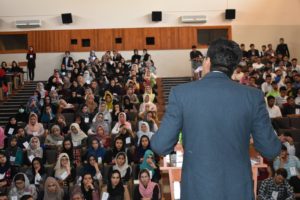
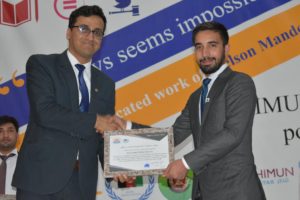
Did you use the E4J MUN guide in any way? If so, what parts and why was it helpful?
After returning back to Afghanistan from the E4J workshop in Vienna, we started training our team using the E4J MUN guide. It was helpful because it clearly describes the right way of doing Model UN, using the mandated topics, and forming committees in our conferences. There were links for supporting materials and documents. It’s a very valuable resource for us.
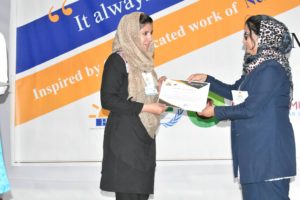
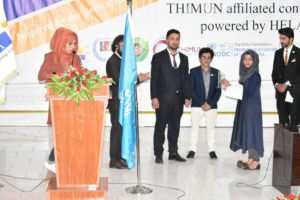
What topics did you debate?
So far we have debated the following topics in our conferences:
- The question of Human Trafficking and addressing migrant smuggling across the Mediterranean.
- Effective measures to protect the rights of smuggled migrants.
- Reforming the criminal justice system and developing alternatives to imprisonment.
- Improving access to education during times of conflict.
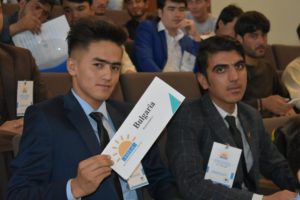
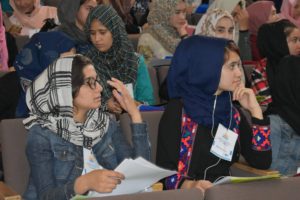
Did you try to contact the UNODC office and get them to send a speaker?
We contacted the UNODC office to ask them to send a speaker to the conferences but despite several efforts, we did not manage to get their speaker to come to our conference. We definitely would love to have their support in future events!
What major things do you think the delegates learned about UNODC mandates?
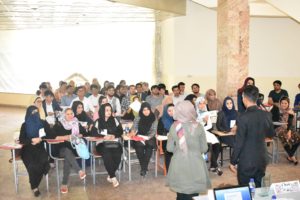
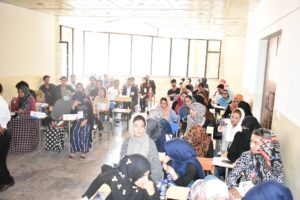
Since we mostly focused on the topics related to migrants, that is the number one thing they discussed and debated and they learned important things about their protection, rights and etc. But also, delegates learned new things such as crime prevention and alternatives to imprisonment and the rights of prisoners.
Do you have plans to debate UNODC mandates in the future?
As mentioned in the beginning, we are planning to widen our activities throughout the country and we also bear in mind the idea of promoting the UNODC mandates, so yes we will have several conferences on the mentioned topics.
